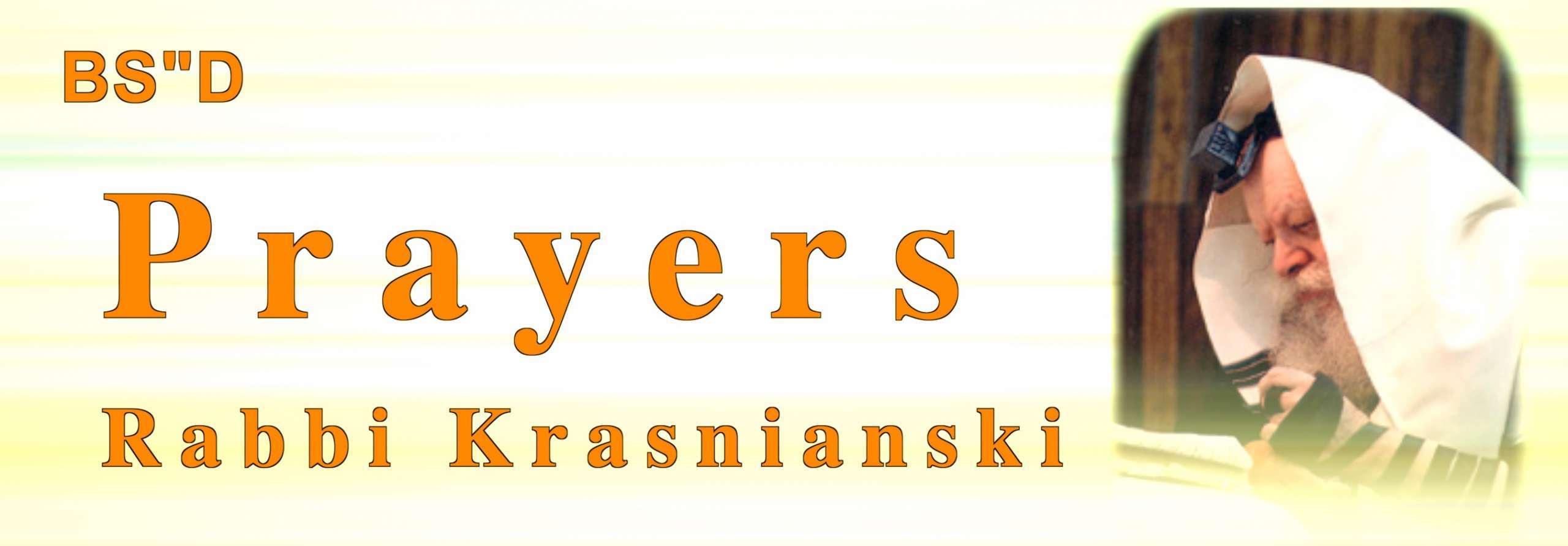The history, source, and meaning of blessing and prayers part 3
0:00 Class 003 Introduction Part 03
00:51 Ten questions in the context of Prayer: 1) What does the word Tefilah or “Davening” (i.e. Prayer) mean? 2) Why when we pray we physically facing Jerusalem? 3) Why we need “A Minyan” (10 men)? 4) Why we pray at Shul (synagogue)? 5) Why the Jews “Shake and Shakel” move back-and-forth when we pray? 6) Why we have to speak the words when praying, G-d can’t read our thoughts? 7) Isn’t prayer a contradiction to faith? 8) Isn’t prayer selfies, I’m asking for my needs? 9) What is the best way to pray, in Hebrew, or in your own language? 10) What the preparation for prayer?
4:29 The Baal-Shem-Tov explains the meaning of the passage “And the Lord said to Noah “Enter to the Ark” (Genesis 7:1), meaning “Enter into the words of prayers”.
6:38 What does the word Tefilah or “Davening” (i.e. Prayer) means?
6:44 The root of the word “Davening” (to pray) one source it comes from “interaction with the divine” another says it comes from the words forefathers, “Da Havohem”
8:04 The root of the word Tefilah (Prayer) comes from the root word “to connect”. The essence of prayer is to connect. Bringing the subconscious to conscious.
12:20 Why when we pray we physically facing Jerusalem? All prayers go through Jerusalem.
13:45 Why Jerusalem is referred to in the Torah as “(G-d says:) The place that I will choose”?
15:02 Why we need “A Minyan” (10 men)? What’s the source for the ten men (“A Minyan”) requirement.
17:41 G-d doesn’t reject the prayer of the congregation. Why it’s not the same when praying alone?
19:02 Why the congregation is called “Tzibur”. What is the meaning of this word and how it helps us with our prayers?
24:27 The concept of a “Minyan” is for ten men, the source of the “Minyan”. But why is it just for men? The soul of pryers.
25:48 The paradox of the “Silent-prayer” the “Amida”, is it personal or a congregational prayer? The congregation doesn’t nullify the individual.
28:13 What’s unique about the concept of a “Minyan”?

